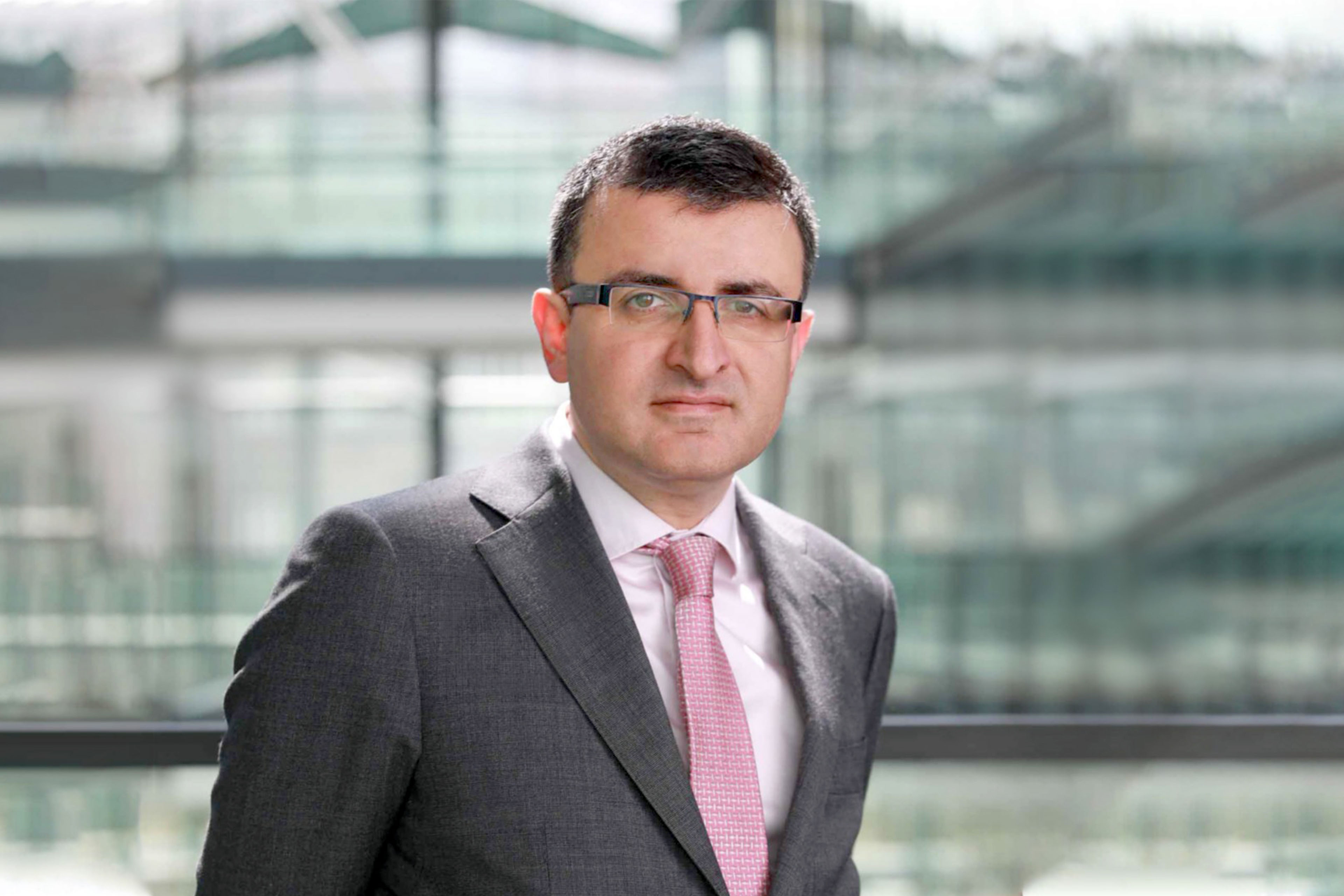EY refers to the global organisation, and may refer to one or more, of the member firms of Ernst & Young Global Limited, each of which is a separate legal entity. Ernst & Young Global Limited, a UK company limited by guarantee, does not provide services to clients.
Corporate integrity standards on the up, but headwinds remain strong
- Latest EY Global Integrity Report shows 49% believe that integrity standards within their organizations have improved over the past two years
- Main drivers of rising standards include better direction from management (61%), and regulatory change or pressure (48%)
- Cocktail of internal and external factors – including macro-economic conditions and geopolitical threats – means pressure on standards remains acute; 50% say their organizations struggle to maintain integrity standards in difficult market conditions
Standards of corporate integrity in companies around the world appear to be on the rise – buoyed by better guidance from management and more robust regulation. However, significant internal and external pressures on employee behaviors remain strong according to the EY 2024 Global Integrity Report, “How can trust survive without integrity?”
The survey canvasses the views of 5,464 employees and board members across 53 countries and territories. It reveals that nearly half (49%) believe that integrity standards within their organizations have improved over the past two years; and that the majority (90%) are confident their colleagues do abide by relevant laws, codes of conduct and industry regulations.
The main drivers of this trend include increased direction from management (61%); stricter regulation and pressure from regulators and law enforcement (48%); demand from customers (37%), the general public (33%), and shareholders (26%); and pressure from employees (22%).
Pressures on integrity standards
Despite these improvements, half of respondents (50%) admit that it is challenging for their organizations to maintain integrity standards in difficult market conditions. Almost a third (30%) say the current macro-economic environment presents the greatest external pressure on employees to violate integrity standards; and more than a quarter (28%) say the biggest internal threat comes from employees not understanding the rules governing conduct.
Other external pressures on conduct raised by respondents include cyber threats (26%), health-related crises (22%), financial performance expectations (22%), supply chain disruptions (21%) and geopolitical threats (15%). Internal factors cited range from high employee turnover (26%) and a lack of resources (25%) to pressure from management (24%) and failure of financial processes or controls (20%).
The survey also shows that third parties are involved in more than two-thirds (68%) of significant compliance violations and major fraud.
Communications gap
The survey highlights a significant gap when it comes to communicating the importance of acting with integrity. More than half of board members (56%) and senior management (53%) surveyed say that they frequently hear leadership stressing the importance of ethical conduct, however, this drops to just a third (33%) for employees at more junior levels.
Andrew Gordon, EY Global Forensic & Integrity Services Leader, says:
“There are clear signs from the survey that integrity standards are on the up, as better management, regulatory factors and customer demand all make their mark. It’s also clear that employees are largely confident that their colleagues do stick to the rules. But there’s no hiding the fact that both internal and external pressures on these standards persist – from economic upheaval and cyber threats to regulatory change– and companies who ignore these pressures, do so at their peril.
“High integrity standards are a vital currency for organizations on the global stage – not least because they have such a huge bearing on the extent to which companies are trusted – but they can only be upheld if senior people adhere to them; lead by example; and communicate their importance effectively. The “do as I say, not as I do” approach has been a persistent trend over recent years, and there also seems to be a tendency, borne out in this survey, for senior management to place more emphasis on communicating the importance of ethical standards with management than with other employees. All of this can have damaging consequences, not least for how more junior employees choose to act.”
Varying standards of integrity
The survey also highlights a widely held perception that integrity standards across organizations can vary depending on rank, with senior employees often given greater leniency. Almost a third of respondents (31%) say that unethical behavior is tolerated when those involved are senior or high performers.
It also finds that board members are much more likely to have had concerns about potential misconduct that they did not report through a whistleblowing channel (43% compared with 19% of junior members of the workforce).
Creating an effective “speak-up” culture
The survey suggests that more needs to be done by organizations to create a safe “speak-up” culture for employees who identify wrongdoing. While the number of organizations without a whistleblowing hotline has halved since 2022, more than half of respondents (54%) who have used one say they faced pressure not to do so.
Senior leaders also tend to overestimate the progress they have made to create a positive “speak-up” culture in their companies. While 40% of board member respondents say it has become easier for employees to report their concerns, only 26% of employee respondents agree. Similarly, 33% of board member respondents believe that whistleblowers within their organization now have more protection, compared to just 14% of employees.
Gordon says:
“The introduction of whistleblower protection laws; advancements in communications technology; and increased awareness of the importance of reporting misconduct mean that organizations now have better tools to support employees who need to voice concerns. However, corporations must strive to create a speak up culture that works in practice - not just in theory. Individuals must be made to feel safe, and they should also know that their concerns will be acted on, without any consequence.”
To read the EY 2024 Global Integrity Report click here.
Related news
Foreign direct investment in Europe declines for first time since pandemic
LONDON, 2 MAY 2024. Foreign direct investment (FDI) into Europe declined in 2023, falling by 4% compared with 2022, and has dropped to 11% lower than in 2019, just before the COVID-19 pandemic hit, according to the annual EY European Attractiveness Survey 2024 – the most in-depth and long-running annual analysis of FDI into the continent.
Resilient CEOs prioritize AI investments now and decarbonization next
LONDON, 1 MAY 2024. CEOs are feeling more hopeful about their immediate prospects and the actions they need to take now to create capital for investment in future growth.
LONDON, 30 April 2024. The EY organization today announces an alliance between SAP Fioneer, a world-class software solution provider for financial services, and EY ifb SE to help facilitate software selection, business transformation, training and change management in the financial services industry.
LONDON, April 23, 2024 – Companies around the world could be at risk of losing out in the race for talent and driving business resilience because they are failing to mobilize their workforce effectively and create opportunities for flexible work experiences, according to the EY 2024 Mobility Reimagined Survey.
LONDON, April 17, 2024 – The EY organization today announces the launch of EY OpsChain Contract Manager (OCM), a transformative blockchain-enabled solution for contract management. EY OCM helps enterprises to execute complex business agreements, supporting confidentiality, helping improve time efficiency, and achieving cost reduction, with automatic adherence to the agreed terms.
LONDON,16 April 2024. The EY organization’s latest research with Saïd Business School, at the University of Oxford, reveals new insights into what happens when a transformation program’s leadership believes a transformation has or will go off-course and intervenes with the intent of improving its performance (turning points).







